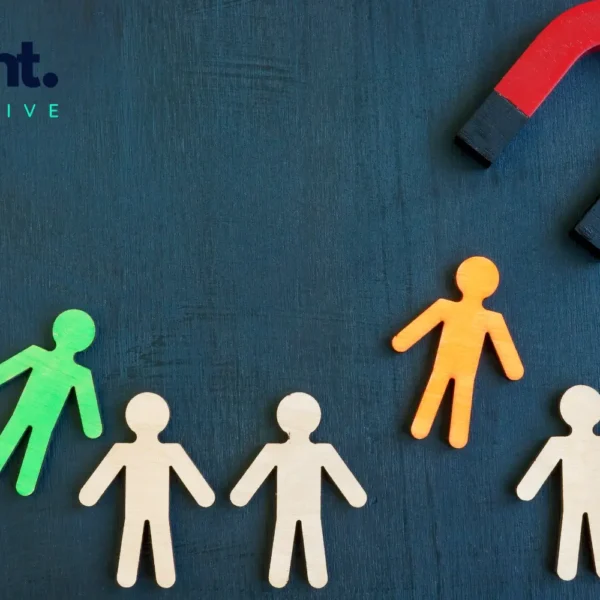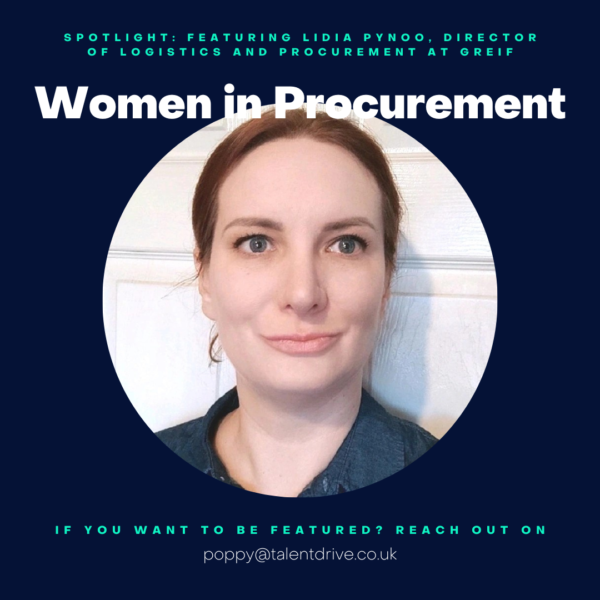Episode show notes
“From a recruitment perspective, it’s one of the first questions candidates ask us now: What is that business’s sustainability agenda?”
With the well-publicised COP26 bringing sustainability ever closer to the front of consumers’ minds, there’s a renewed focus on supply chains to become greener at every stage.
For such a current and pressing topic, it was a delight to host a panel discussion at Talent Talks Live in December with Jo Ennion, Tim Snow, and Allison Ford-Langstaff.
Our guests on this week’s live episode of the podcast share their open, honest experiences with the sustainability journey each of them is currently on, and answer audience questions on the impact of AI & automation, ways to upskill your team in sustainably practices, and how to incite sustainable change from the board.
This episode of Talent Talks covers:
- Recent research indicating how well procurement is fulfilling the sustainability agenda
- How to upskill your teams in environmentally conscious practices
- The role of diversity & inclusion in developing innovative, sustainable impact
- Ways to bring sustainability issues to the board’s attention and ensure they’re acted upon
This episode of Talent Talks is sponsored by 4C Associates – a leading European procurement and supply chain consultancy, who work collaboratively with forward-thinking clients to deliver real business value across a wide range of transformation and cost optimisation service offerings. Visit https://www.4cassociates.com/ for more information.
Episode highlights
“Most of the discussions at COP26 came around this 1.5 degrees figure. So it’s about what our governments are doing to kind of meet that so that we don’t go above that 1.5 degrees, but also what our financial institutions are doing and what are our big corporates doing to limit that – not just big corporates, but actually all organisations.” – 2:30 – Jo Ennion
“I employed a third party to help me gather information on our emissions. It didn’t cost much and was done pretty quickly. As a result, I understand where the pollution actually is, so from that I formed some science based targets, which I got approved by the board. We started thinking about pollution in a different way.” – 6:20 – Tim Snow
“70% of respondents to our research said that one of the key reasons for putting a sustainability approach together was about maintaining a strong public image and reputation, and meeting the increased regulation.” – 12:50 – Allison Ford-Langstaff
“Should we be driving a more intense piece towards diversity and inclusion? Because in turn, would that make organisations in our value chain more innovative, which in turn, could be the driver for then making some of the changes that we’re all looking for?” – 19:00 – Allison Ford-Langstaff
“I’m pretty sure in five years time, the customers that we sell satellite services to will probably not buy from us if we’re not sustainable first, so that we have evidence that we’re buying sustainably, we’re on top of it, and we’re not letting pollution into our supply chain. So whatever we do, we need to do it fast before it just becomes how business is done.” – 23:20 – Tim Snow
“I think also that maybe there’s this assumption that it’s gonna cost to be more sustainable, and it’s not necessarily the case. I mean, anything that’s about efficiency tends to be a cost reduction, so anything that’s about energy efficiency will always be a cost reduction..” – 26:40 – Jo Ennion
“If there’s a ‘one size fits all’ that doesn’t fit a supplier, or we’re telling them what to do and it isn’t quite what they really want to do and they’re not commercially incentivized to do that, they’ll think it’s a burden. I don’t think one size fits all for everything we do, and we have to pick and choose an approach that works for them and their business, but reaches a common ultimate goal.” – 29:35 – Tim Snow
“From a recruitment perspective, it’s one of the first questions candidates ask us now: What is that business’s sustainability agenda? If there isn’t one, or it’s very vague and woolly, it’s not a great attraction tool for that company.” – 32:20 – Martin Smith
“Every journey needs to just start somewhere, and I think you just need to work out what your definition of sustainability is, and then start to educate that out into the organisation.” – 34:25 – Allison Ford-Langstaff
“Quite often, you might have your own clear policies on carbon reduction and other things, but you outsource it and you don’t apply those same approaches. So you’ve got to be very careful that actually you apply with your suppliers exactly the same requirements and processes that you would if it was internal.” – 44:40 – Jo Ennion
“Follow the data. If 85% of my emissions are in the supply chain, I know where it comes from in the supply chain. Just like you’d follow the money, you follow the emissions and see how you can impact those things. The other dimension is ease. It’s really important to get momentum going nice and early on, a bit of enthusiasm and a ‘Look what we’ve done’, so others think ‘Why aren’t I doing that as well?’” – 48:25 – Tim Snow
Links & References
- Allison Ford-Langstaff
https://www.linkedin.com/in/allison-ford-langstaff-fcips-b30763/
- Jo Ennion
https://www.linkedin.com/in/jo-ennion-91baa94/
- Tim Snow
https://www.linkedin.com/in/jo-ennion-91baa94/
- Martin Smith, Founder & Director of Talent Drive
https://www.linkedin.com/in/martinsmith2009/


